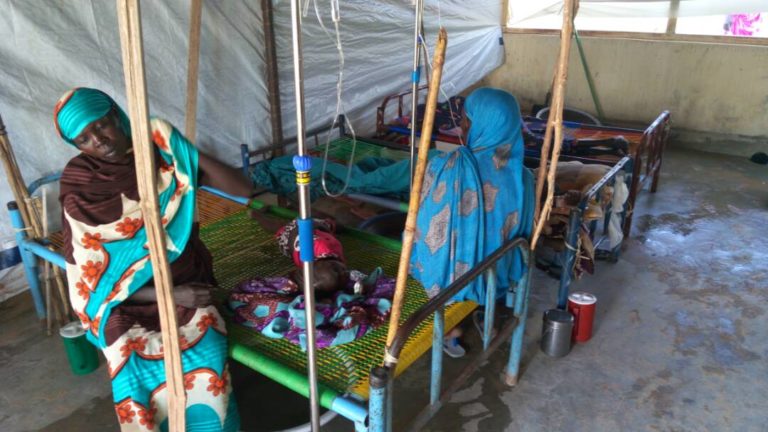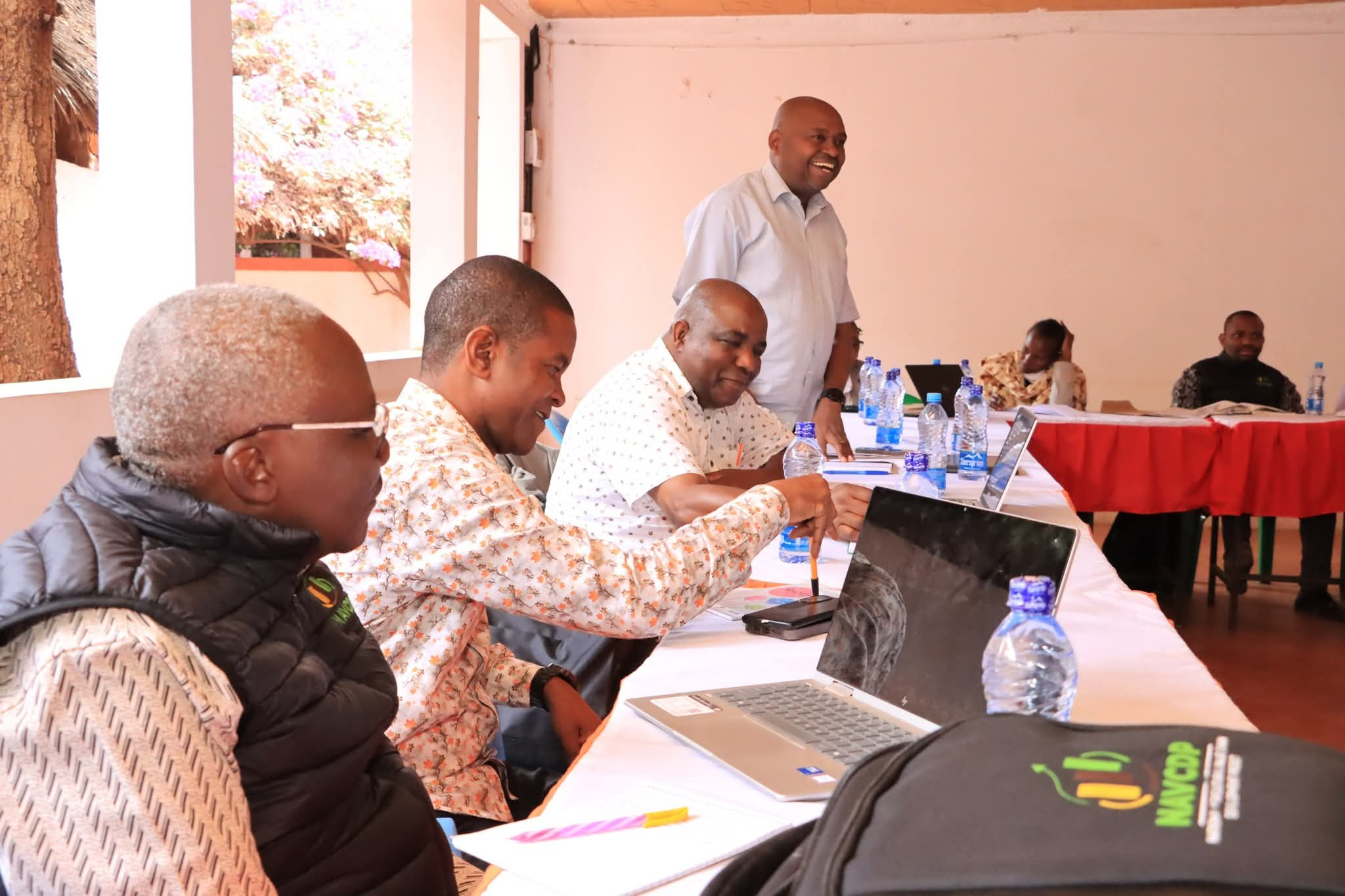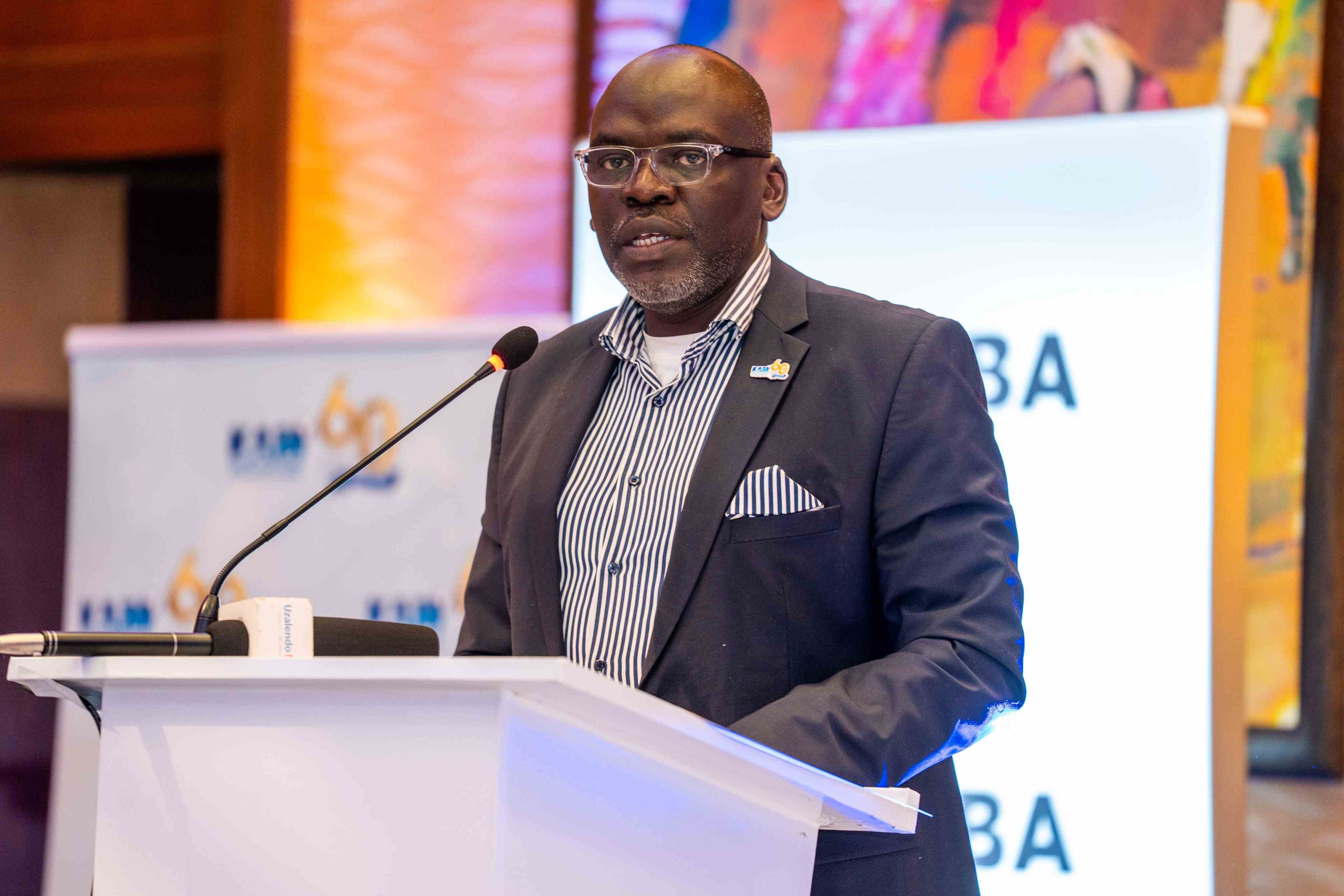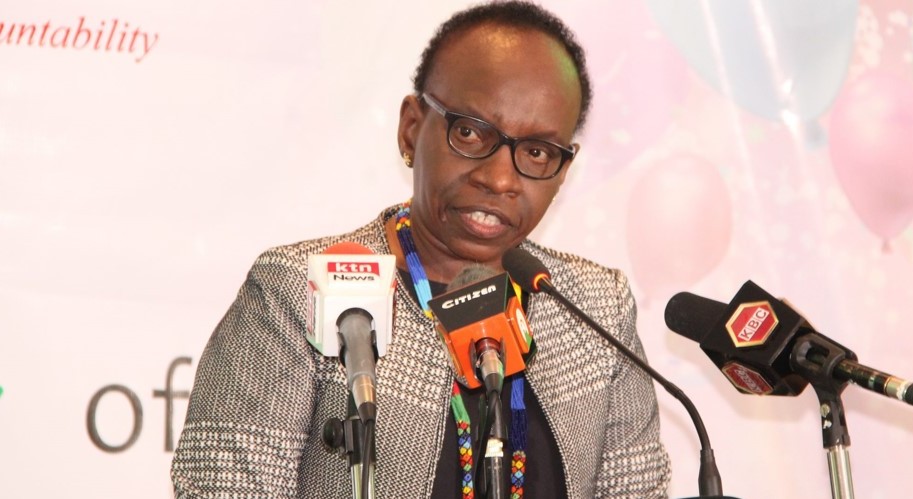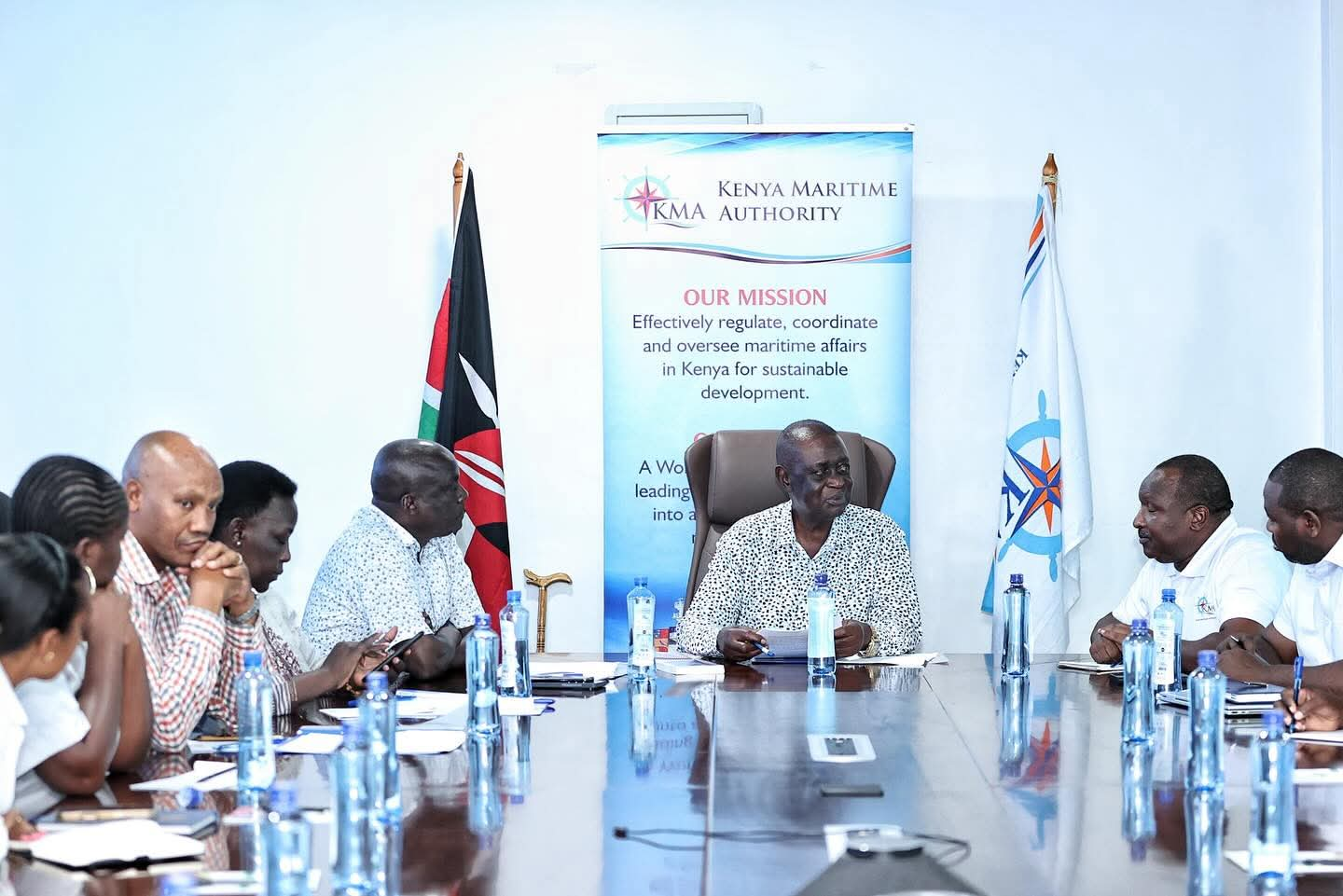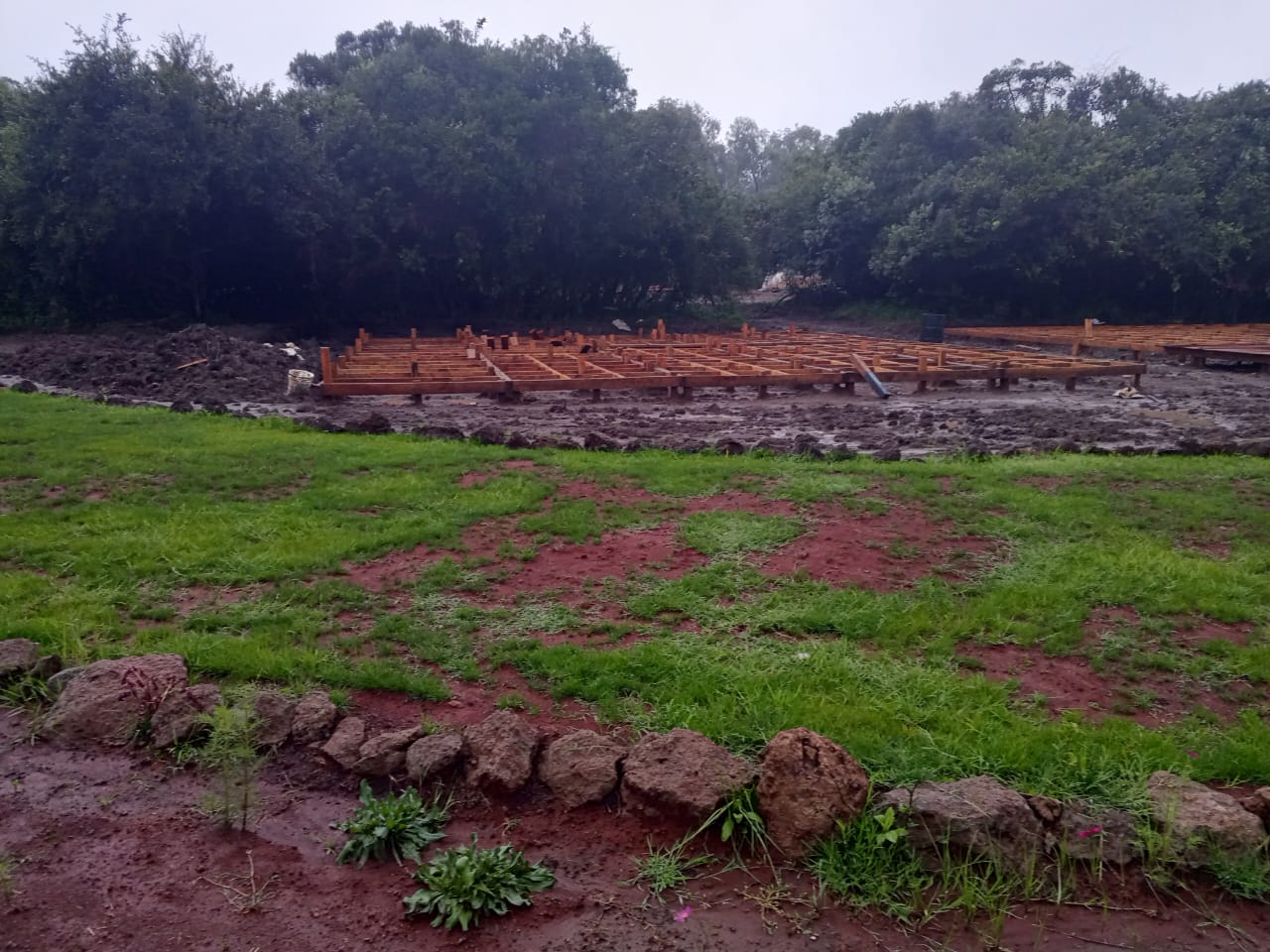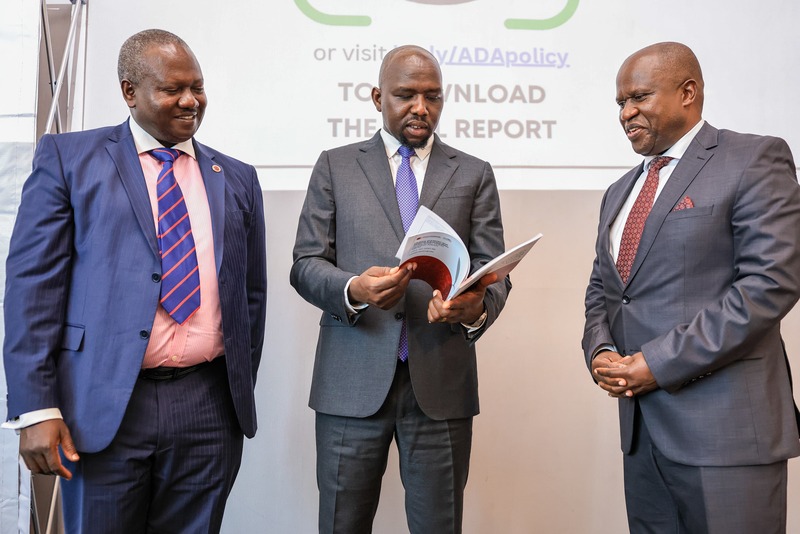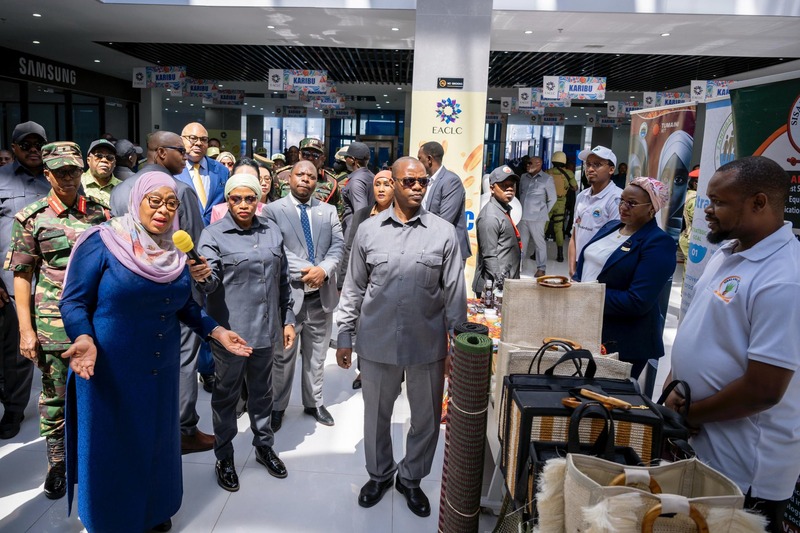Taxpayers lose Sh4.8 billion to interest payments on delayed donor projects - report
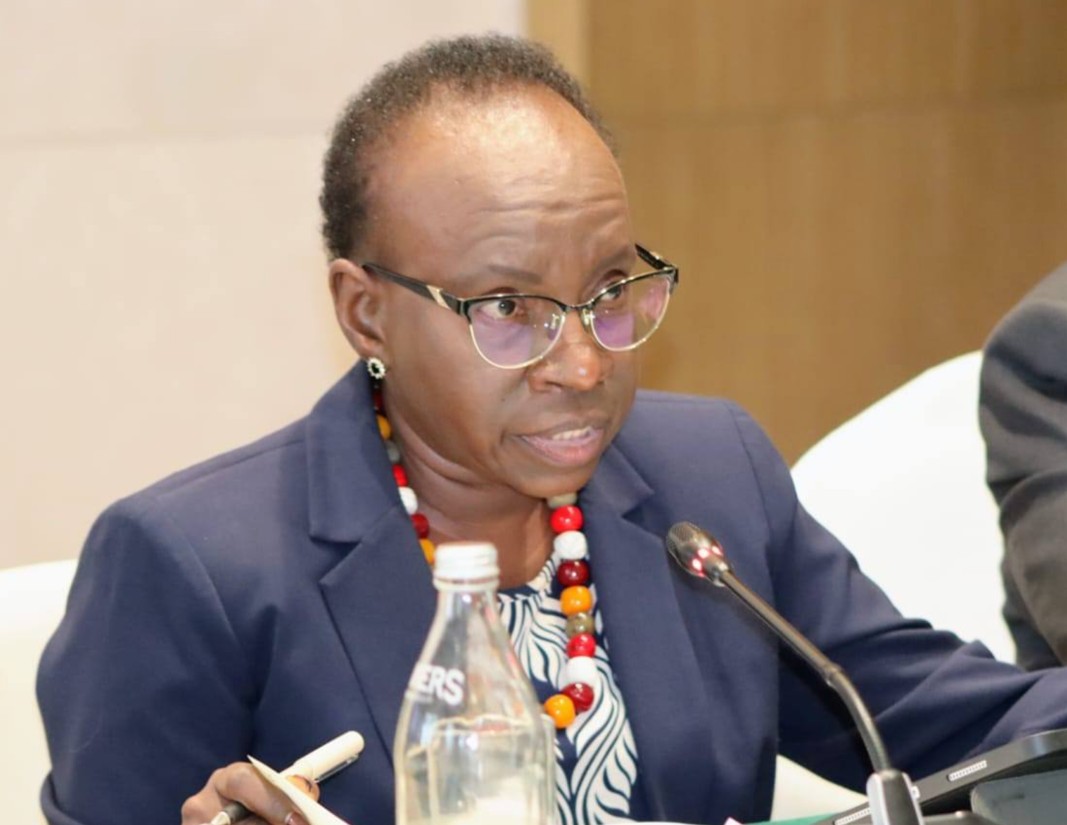
According to the Auditor General's report, the payments, which were avoidable, stemmed from weak contract oversight and poor cash flow management that undermined effective use of donor funds.
Taxpayers incurred a loss of Sh4.8 billion in interest payments to contractors working on 17 donor-funded development projects due to delays in settling certified works, an audit report tabled in Parliament has revealed.
According to the report, the payments, which were avoidable, stemmed from weak contract oversight and poor cash flow management that undermined effective use of donor funds.
More To Read
- Auditor General’s report prompts probe into Kenya School of Government finances
- MPs blame fund managers for NG-CDF misuse, reject Auditor-General’s claims
- Auditor General Nancy Gathungu lays bare financial, governance crisis at NYS
- Auditor General blames underfunding for Kenya's poor global audit ranking
- Judiciary paid Sh14 billion in staff compensation without records for 2,180 employees - Auditor General
- Auditor-General exposes widespread waste, irregularities in government spending
Auditor General Nancy Gathungu said the interest charges point to critical weaknesses in contract management and oversight across several state-implemented projects during the 2023/2024 financial year.
“These instances reflect weak contract oversight, which undermines value for money and effective donor fund utilisation,” she said.
One of the projects highlighted in the report was the Covid-19 Health Emergency Response Project, where the government was forced to pay Sh930 million in interest to the African Vaccine Acquisition Trust (AVAT). The amount arose after the government delayed shipment of 13,333,333 vaccine doses, despite AVAT having made payments to the manufacturer in line with the contractual terms.
In several other projects, including road construction and water infrastructure, interest penalties were incurred due to failure to promptly settle certified works.
For instance, delayed settlement of invoiced works under the Northern Collector Phase 1 and the Additional and Development of the Network Project led to interest payments, while similar delays under the East Africa Regional Transport Trade and Development Facilitation Project attracted charges on an interim payment certificate.
The same pattern was observed in the Kenol–Sagana–Marua Road project and the Kibwezi–Mutomo–Kitui–Migwani Road upgrade, with the latter incurring Sh70.5 million in interest.
Gathungu noted that this amount “could have been avoided with proper cash flow for the project.”
The report also flagged Sh856 million in interest paid to a contractor on the Mombasa–Mariakani Highway Project due to the delayed settlement of bills.
In the Central Kenya Rural Roads Improvement and Maintenance Project (Phase II), a consultancy firm received Sh4.8 million in accrued interest, while in the Kenya Water Security and Climate Resilience Project, the government paid Sh564 million, including Sh494 million for cost adjustments tied to delayed commencement and Sh70 million for late payments.
In the Thwake Multipurpose Water Development Program (Phase I), the audit found that taxpayers paid Sh383 million in interest following delayed payments. Another Sh22 million was paid to a contractor implementing the Water Sanitation Development Project across various sites.
The report further revealed that an interest amounting to Sh178 million was charged on the delayed settlement of certified works under the Mwache Multipurpose Dam Project. The amount was inappropriately paid using funds from the International Development Association (IDA), in direct violation of the project’s funding terms.
“Interest amounting to Sh178 million was charged on the delayed settlement of certified works for the Mwache Multipurpose Dam Project. The interest was inappropriately settled using IDA funds, contrary to the funding terms,” reads the report.
Similar inefficiencies were reported in the dualing of Magongo Road Phase II, where the Kenya National Highways Authority paid Sh190 million in interest due to delayed payments. In the implementation of the Kapchorwa–Suam–Kitale and Eldoret Bypass roads, the government incurred Sh318 million in interest charges because of employer-related delays.
Delayed payments in the Kenya Nairobi Western Bypass Project, funded by Exim Bank, attracted Sh4.6 million in interest. In the Kenya Transport Sector Support Project, delayed and unpaid bills led to a Sh615 million penalty, while the Sirari Corridor Accessibility and Road Safety Improvement Project (Isebania–Kisii–Ahero Road) saw taxpayers pay Sh657 million in interest.
Another Sh38 million was paid due to accumulated interest in the Gilgil Machinery Road Project.
Beyond interest payments, Gathungu’s report identified persistent weaknesses in the management of donor-funded projects. These include delays or outright stalling of projects, low absorption of allocated funds, procurement irregularities, non-compliance with contract conditions and recurring gaps in financial reporting.
“The issues observed point to broader weaknesses in project management and oversight, which require immediate corrective actions,” reads the report.
While the Auditor General noted that the financial statements of most donor-funded projects were fairly presented, she raised concern over a “significant number” that continued to exhibit critical reporting shortcomings.
To address these challenges, the Auditor General recommended urgent interventions such as enhancing institutional capacity, developing and implementing standard operating procedures, strengthening internal controls and reinforcing risk management mechanisms.
“These key interventions are critical to safeguard public funds and ensure the effectiveness of donor-funded initiatives,” Gathungu said.
Top Stories Today
